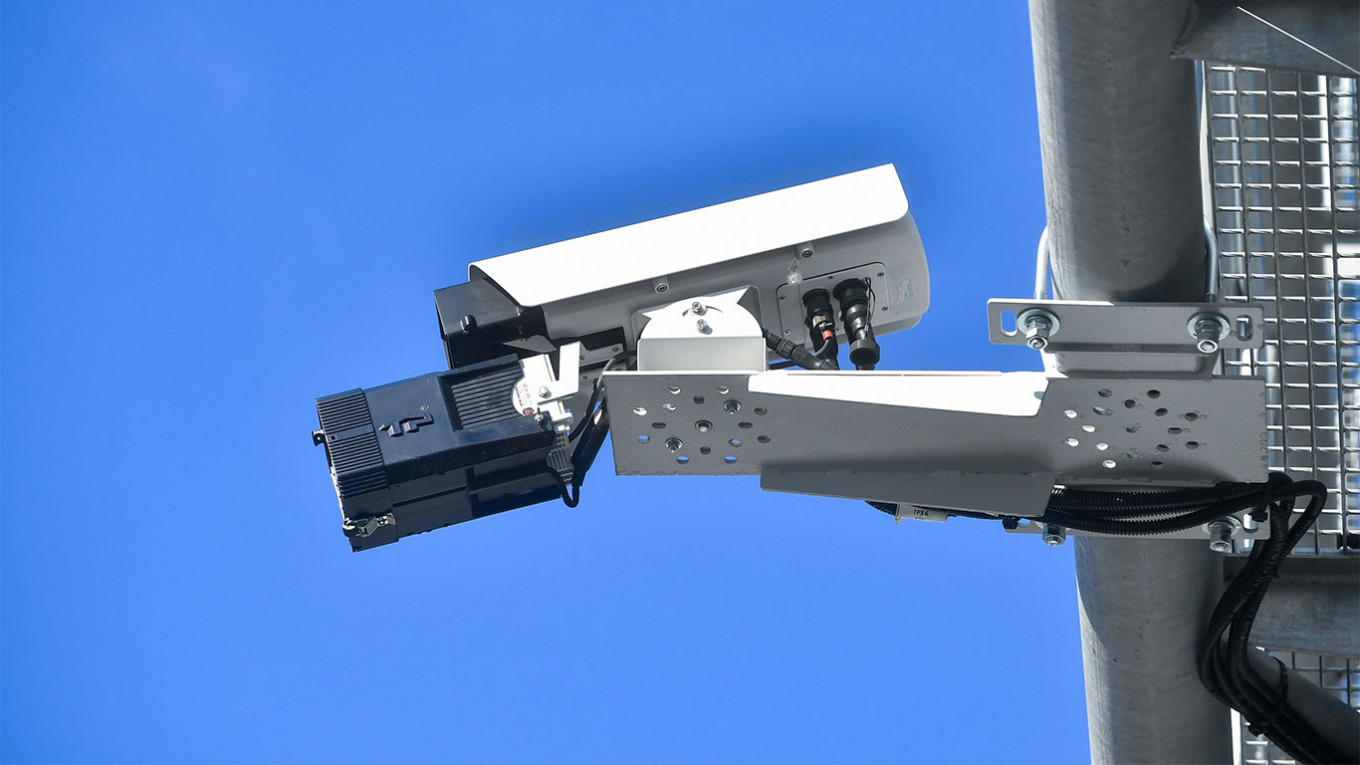
Russia plans to expand its high-tech surveillance program to areas near Ukraine amid a spate of cross-border attacks during Moscow’s nearly four-month invasion, the Kommersant daily reported Monday, citing unnamed sources familiar with the project.
Russia’s Emergencies Ministry plans to deploy the “Safe City” program in annexed Crimea, as well as the Krasnodar, Voronezh and Belgorod regions, in the next year and a half. All or parts of those territories have declared heightened terrorist alerts since Russia sent troops into Ukraine.
“Safe City has become extremely urgent during the special operation in Ukraine in view of markedly increased threats of sabotage on civilian infrastructure,” a ministry source was quoted as saying.
The program includes video surveillance and motion detectors, which can identify weapons, accidents and fights, to reduce the “threat of sabotage” and “promptly respond to incidents,” they added.
To that end, the ministry seeks 15 billion rubles ($265 million) from the federal budget to cover costs.
Russia’s shortage of electronic devices required to scale up the project has hardly been affected by international businesses like Dell and Intel exiting Russia over the invasion, its supplier, the industrial conglomerate Rostec’s subsidiary Roselectronica, told the publication.
Rostec oversees the Emergency Situations Ministry’s “Safe City.”
Industry experts say Safe City’s year-and-a-half implementation period will allow the project to resolve its supply and manufacturing issues, including through purchases from Southeast Asia.
Moscow’s city government formally announced the beginning of the capital’s “Safe City” facial-recognition surveillance program in 2020, the culmination of a long-term Russian government investment plan in the artificial intelligence sector.
Under Safe City, cameras installed in key public places including the metro, apartment building entrances and train stations scan crowds against a database of wanted individuals, notifying police when resemblances are detected.
Critics have accused the authorities of violating citizens’ privacy with the technology and have staged protests by painting their faces to throw off the cameras.